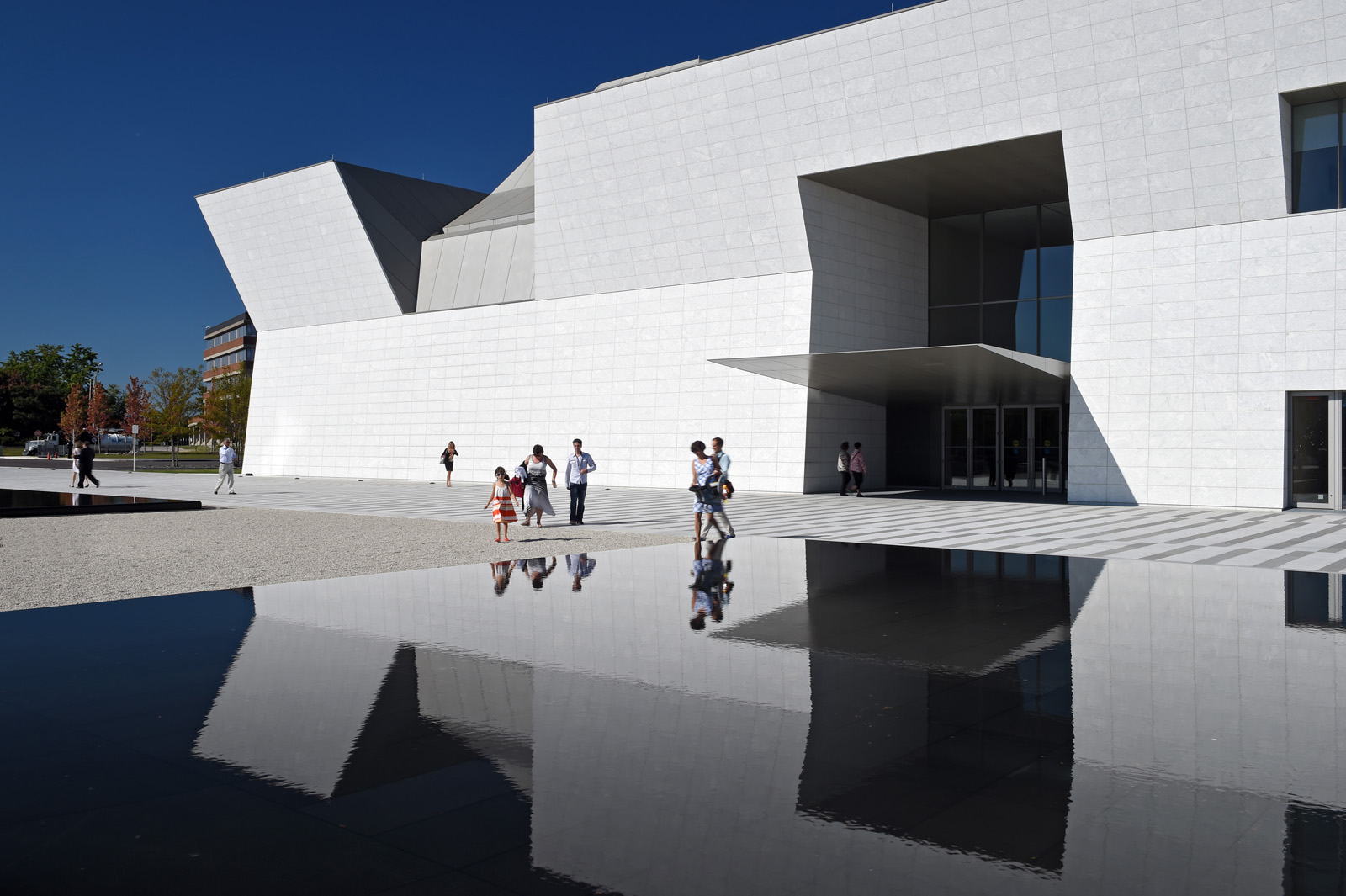
Aga Khan Museum in Toronto, Canada. Photo: Gary Otte.
“I have a problem with the idea that contemporary art can only be presented in a white box,” says Lord Spencer-Churchill, heir to Blenheim Palace, the eighteenth-century mansion that was birth home to Sir Winston Churchill. Last week the launch of the Blenheim Art Foundation transformed the “epic” space with the largest ever UK exhibition of Chinese artist Ai Weiwei. Through the exhibition, the estate bridges polarities—old and new, ancestral traditions and political activism—while seeking to renew its relevance as a “great patron of art.”
- With some 10,000 Islamic immigrants calling Canada home, Toronto has opened the first Islamic art museum in North America. The new facility serves as a center for cultural heritage and education, with a focus on Middle Eastern contemporary artists. The benefactor of the museum, Aga Kahn IV, hopes that the exhibited works will become the conduit for understanding Islam and help dissipate misleading myths, stereotypes, and confusion about the religion.
- Following in the footsteps of Louise Bourgeois, Bruce Nauman, Doris Salcedo, and Ai Weiwei, American artist Richard Tuttle is the latest artist to fill the cavernous space of Tate Modern’s Turbine Hall. Tuttle believes that fabric, his medium of his choice for the project, is “a superior form of paint,” a medium that can lend mystery to our perceptions: “I am making color central and saying that through it, we can learn something about perception in general.”
- “My first art book that I received when I was ill influenced my entire career as an artist,” says Tracy Emin, who’s among artists—including Liam Gillick, Thomas Hirschhorn, and Tony Cragg—to share their “shelfies” for the London Art Book Fair. The fair was established by the Whitechapel Gallery in 2009 to celebrate art book publishing and to foster exchange between publishers, practitioners, and collectors.
- “In order to improve the lives of African American males, ‘blackness’ must cease to be seen as a simple, monolithic concept. So, too, with masculinity,” writes artist Hank Willis Thomas, one of the founders of the media project Question Bridge. Question Bridge: Black Males involves hundreds of self-identified black men whose unique responses to a question highlight the individuality and diversity of each participant.
- “The Berlin Biennale explores artistic developments and visions from within the art scene of one of the most unusual cultural capitals in Europe,” according to its website. With its newly chosen curators, the 2016 Berlin Biennale is guaranteed to be unconventional: The DIS collective—creators of “the post-Internet lifestyle” publication DIS Magazine—has been selected to curate the festival’s ninth edition.
- The Barbican drew strong critique over its planned exhibition of Brett Bailey’s Exhibit B, a replica of colonial-era “human zoos” and an attempt “to explore the machinations of systems of racism.” Forced to cancel the exhibition after 200 protesters blocked its entrance the night of its opening, the Barbican issued a critique of protesters: “We are disturbed at the potential implications this silencing of artists and performers has for freedom of expression.”
- The British Museum is planning to re-create itself—exhibitions and all—in the video game Minecraft. The project is part of its Museum of the Future initiative, geared toward appealing to new audiences; and it has already attracted a significant crowd of game enthusiasts on Reddit to participate in the project. The institution aims to have the first stages ready for the October public debate, “Changing public dialogues with museum collections in the digital age.”
Follow Art News From Elsewhere on the Walker Art Center homepage or via @walkermag, the Walker’s editorial-focused Twitter feed.



